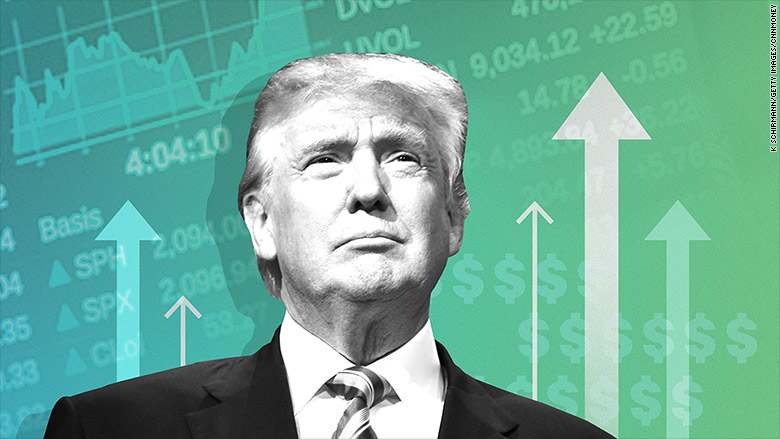Trump’s Presidency Deeply Affects: The presidency of Donald Trump, the 45th President of the United States, was marked by a series of significant events and policies that had profound effects on global markets. From trade wars to tax reforms, Trump’s administration implemented measures that reshaped the economic landscape, influencing markets worldwide. This article explores the key aspects of Trump’s presidency that deeply affected global markets US CEO Reed Stands Strong Againstinance SEC.
Trade Wars and Tariffs
One of the most notable aspects of Trump’s presidency was his aggressive stance on trade. Trump initiated trade wars with several countries, most prominently China. The imposition of tariffs on Chinese goods led to retaliatory measures, resulting in a tit-for-tat escalation that disrupted global supply chains and created uncertainty in international trade.
The trade war with China had far-reaching consequences. It affected industries ranging from technology to agriculture, leading to increased costs for businesses and consumers. The uncertainty surrounding trade policies also contributed to market volatility, as investors grappled with the potential impact on global economic growth.
Tax Reforms
Trump’s administration implemented significant tax reforms, most notably the Tax Cuts and Jobs Act of 2017. The legislation aimed to stimulate economic growth by reducing corporate tax rates and providing tax cuts for individuals. While the tax cuts were intended to boost investment and job creation, they also had implications for global markets.
The reduction in corporate tax rates made the United States a more attractive destination for investment, prompting multinational companies to repatriate profits and invest in the U.S. economy. This influx of capital had a positive impact on U.S. stock markets, but it also created competitive pressures for other countries, leading to discussions about tax policy adjustments worldwide.
Deregulation
Another hallmark of Trump’s presidency was his focus on deregulation. The administration rolled back numerous regulations across various sectors, including finance, energy, and environmental protection. The aim was to reduce the regulatory burden on businesses and promote economic growth.
The deregulation efforts had mixed effects on global markets. On one hand, they provided a boost to industries such as energy and finance, leading to increased investment and economic activity. On the other hand, concerns about environmental sustainability and financial stability raised questions about the long-term impact of deregulation on global markets.
Geopolitical Tensions
 Trump’s presidency was characterized by heightened geopolitical tensions, particularly with countries such as Iran and North Korea. The administration’s withdrawal from the Iran nuclear deal and the imposition of sanctions on Iran created uncertainty in global oil markets, leading to fluctuations in oil prices.
Trump’s presidency was characterized by heightened geopolitical tensions, particularly with countries such as Iran and North Korea. The administration’s withdrawal from the Iran nuclear deal and the imposition of sanctions on Iran created uncertainty in global oil markets, leading to fluctuations in oil prices.
Similarly, the diplomatic efforts and negotiations with North Korea over its nuclear program had implications for regional stability and global security. The unpredictability of these geopolitical developments contributed to market volatility, as investors reacted to the potential risks and opportunities arising from these situations.
Immigration Policies
Trump’s administration implemented strict immigration policies, including travel bans and increased border security measures. These policies had economic implications, particularly for industries reliant on immigrant labor, such as agriculture, construction, and technology.
The restrictions on immigration created labor shortages in certain sectors, leading to increased labor costs and potential disruptions in production. The impact of these policies on global markets was felt through changes in labor supply and demand dynamics, affecting industries and economies worldwide.
Conclusion
Trump’s presidency had a profound and multifaceted impact on global markets. The administration’s trade policies, tax reforms, deregulation efforts, geopolitical actions, and immigration policies all contributed to shaping the economic landscape. While some measures provided short-term boosts to certain industries and markets, they also created uncertainties and challenges that continue to influence global economic dynamics. As the world moves forward, the legacy of Trump’s presidency will be analyzed and debated for years to come. The lessons learned from this period will inform future policy decisions and shape the trajectory of global markets in an increasingly interconnected world.






